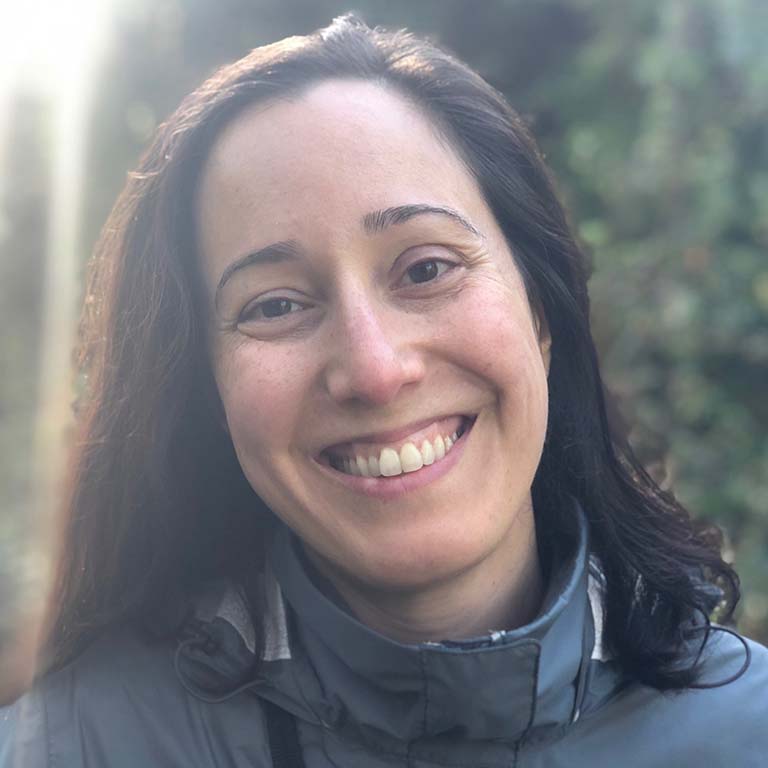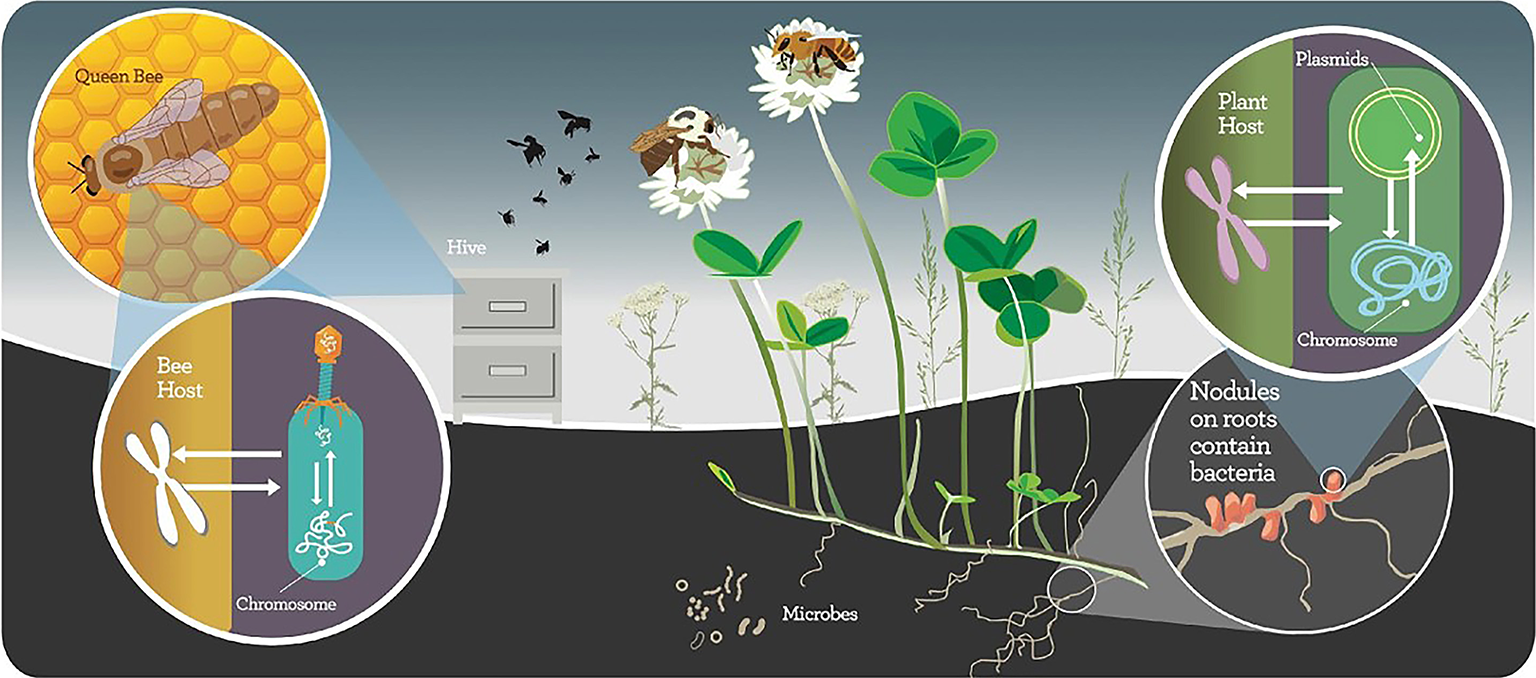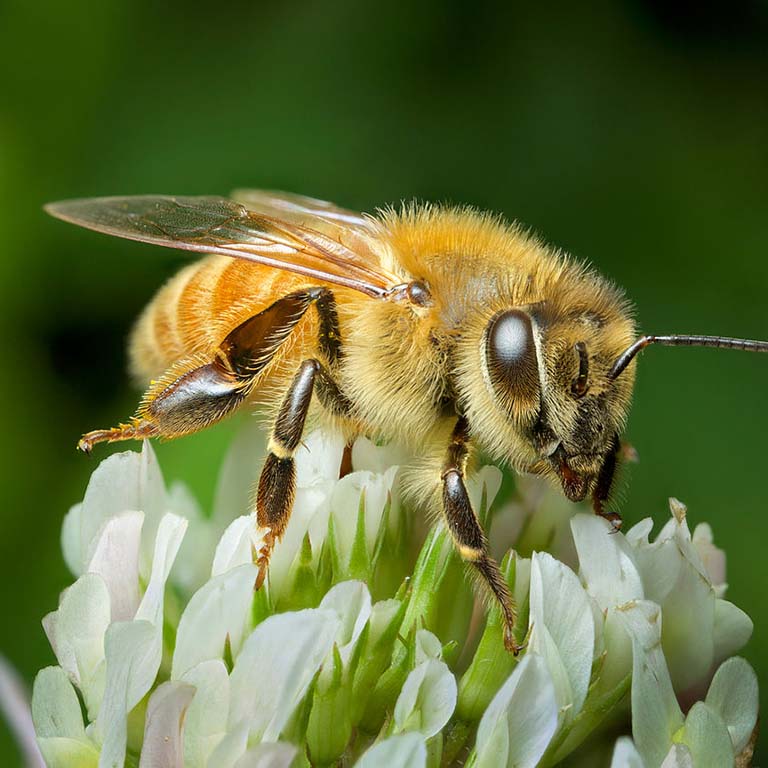The National Science Foundation has awarded a five-year, $12.5 million grant to a collaborative, interdisciplinary team of 28 professors from microbiology, plant biology, entomology, ecology, evolution, computational biology, and education to establish a Biology Integration Institute. The new institute, Genomics and Eco-evolution of Multi-scale Symbioses (GEMS), will include molecular, organismal, computational, and theoretical approaches. It will be based in the Carl R. Woese Institute for Genomic Biology at the University of Illinois Urbana-Champaign.
Irene Newton, a microbiologist and associate professor in the Indiana University College of Arts and Sciences Department of Biology, will help lead the team as a co-PI. Other team leaders are PI Rachel Whitaker, professor of microbiology; Co-PI Carla Cáceres, professor of evolution, ecology, and behavior; Co-PI Katy Heath, an associate professor of plant biology (all from the University of Illinois); and Co-PI Mercedes Pascual, professor of ecology and evolution (from the University of Chicago). In addition to the faculty researchers, the team will include postdoctoral trainees, graduate students, and undergraduates.
"The inspiration behind GEMS is to integrate biology since, all too often, fields of biology are siloed by funding, approach, language, and culture," said Whitaker. "Surprisingly, some of the most significant divides on many campuses are between molecular and organismal approaches to biology. Because microbes lie at the interface between these spheres, our focus is on bringing the natural microbial world into view to integrate biology."
"Symbiosis is the process where two organisms come together to form emergent traits that neither has alone," Whitaker added. "GEMS recognizes that all around us there are nested symbioses, with microbes like bacteria and viruses at their center. We see this in many ways as conceptually similar to bringing together molecular and organismal approaches into a unified biology."



 The College of Arts
The College of Arts